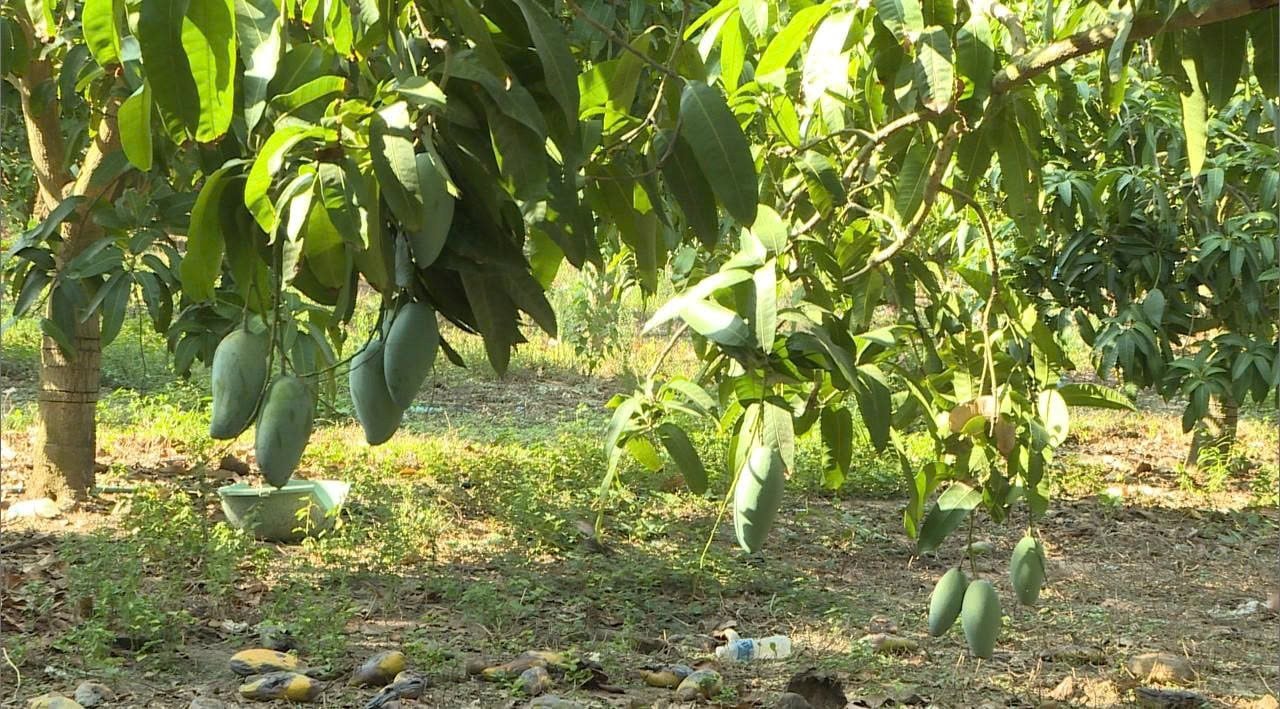
Beautiful mangoes, low prices, few traders
Mr. Loc Nam Phi (Tan Hoa village, Song Binh commune), who has many years of experience growing mangoes, is familiar with how to make Taiwanese and Australian mangoes bear fruit early. He shared: "Every year, I wait for the mangoes to bear fruit before the main season to get a good price for export. The fruit is carefully cared for, big, even, and beautiful." In the first crop of this year, he sold Taiwanese mangoes for 7,000 VND/kg, which is a reasonable price. But just a few weeks later, when the second crop was harvested, the price of mangoes dropped to only 3,000 VND/kg. As for Australian mangoes, the most beautiful type only sells for 4,000 - 5,000 VND/kg. Although the price has been halved, there are still very few traders, making it difficult to sell. "Last year, traders came to the garden to line up and wait to cut the mangoes, but this year, I had to call many places to get buyers, and I also bought sparingly, paying low prices because they were afraid that they would not be able to sell in time and would be overstocked," said Mr. Phi.
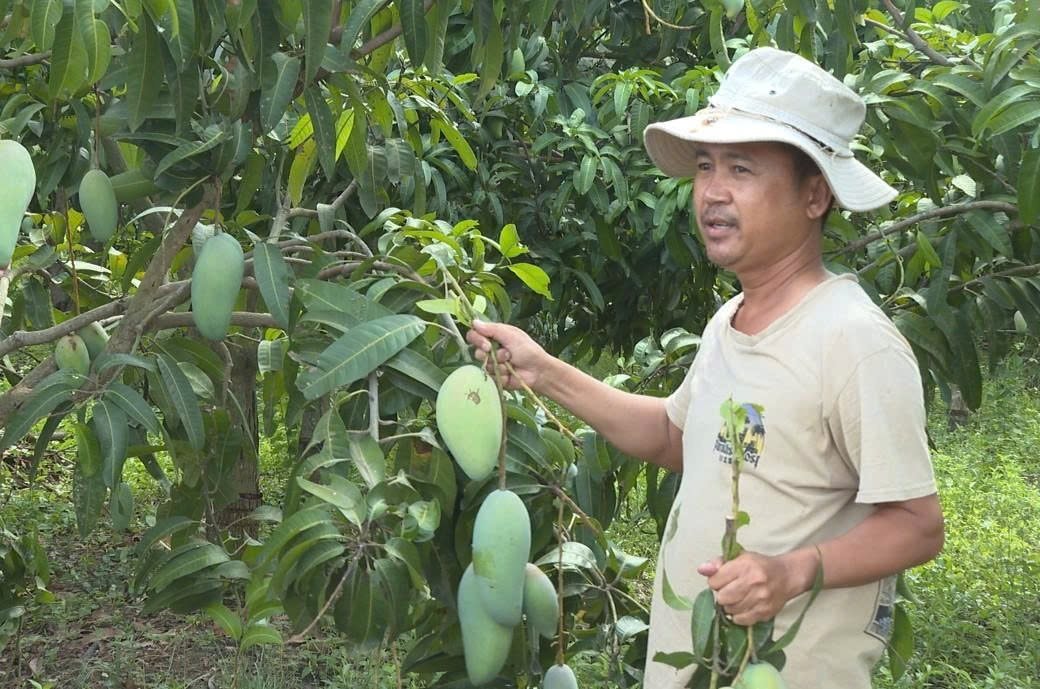
Unlike Mr. Phi, who handles off-season mangoes, Ms. Le Thi De, from the same Tan Hoa village, cultivates more than 4 hectares of Keo mangoes in the traditional way, letting the trees bear fruit naturally, that is, in the main season. But this year's harsh weather, with prolonged heat and unseasonal rain, has caused the mango trees to bear fruit poorly, with productivity decreasing by more than 50% compared to last year. "There are few fruits but they still cannot be sold. Keo mangoes are only priced at 500 to 1,000 VND/kg, sometimes we have to beg traders to buy them. Selling them cheap is fine, as long as there are people taking them. But until now, there are still some left in the garden, not knowing what to do with them," Ms. De sighed.
The story of Mrs. De and Mr. Phi is not an isolated one, but a common situation that mango farmers in Song Binh are facing: crop failure, falling prices, and unstable output. With the current low prices, if we calculate the cost of fertilizer, pesticides, and harvesting labor, farmers are only “making a profit from labor”, or even losing money.
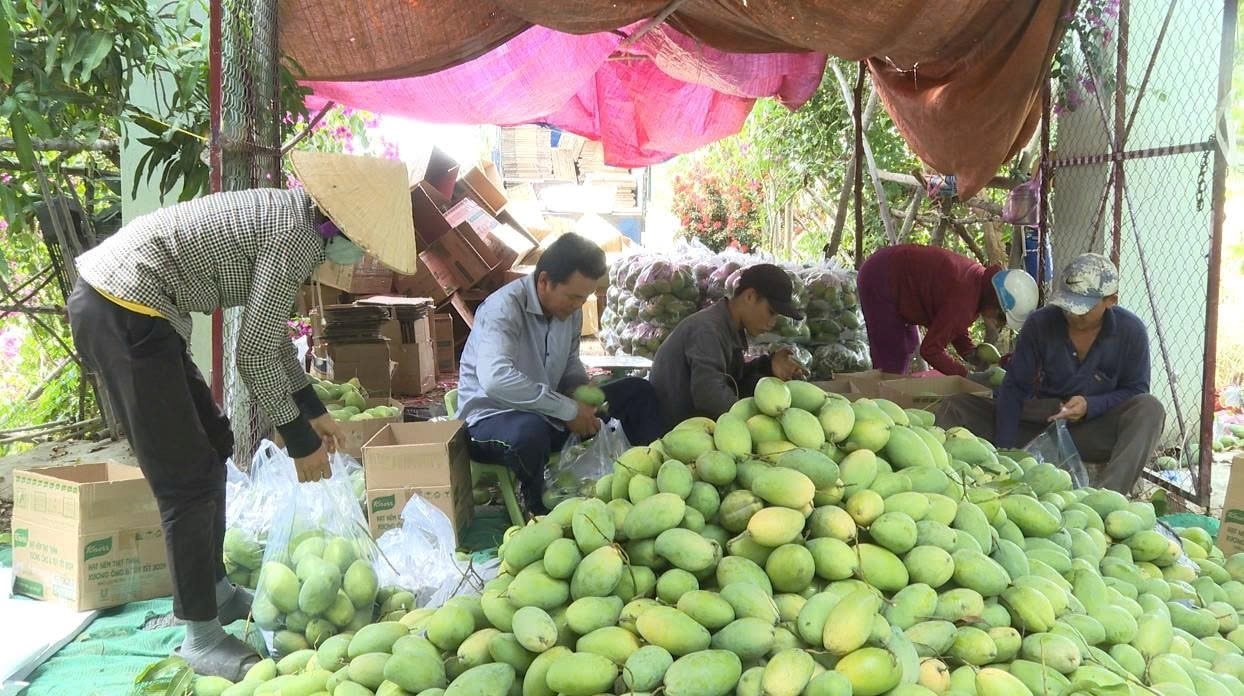
Meanwhile, mango traders are also facing many difficulties, as the fruit market, including mangoes, has seen many big fluctuations this year. Mr. Dinh Ba Kiet, a local trader, said: “Because many localities are harvesting mangoes in the main season, the supply is abundant, while exports are slow, the price has dropped sharply. We go to buy but have to calculate carefully, not daring to buy large quantities like every year.” Mr. Kiet also added that preserving and transporting mangoes is risky if they are not consumed in time. “Mangoes ripen quickly and spoil easily. The price has decreased, but the cost of transportation and packaging has increased. Sometimes, collecting goods from farmers and selling them is not enough to cover the costs,” Mr. Kiet said.
Struggling with the output problem
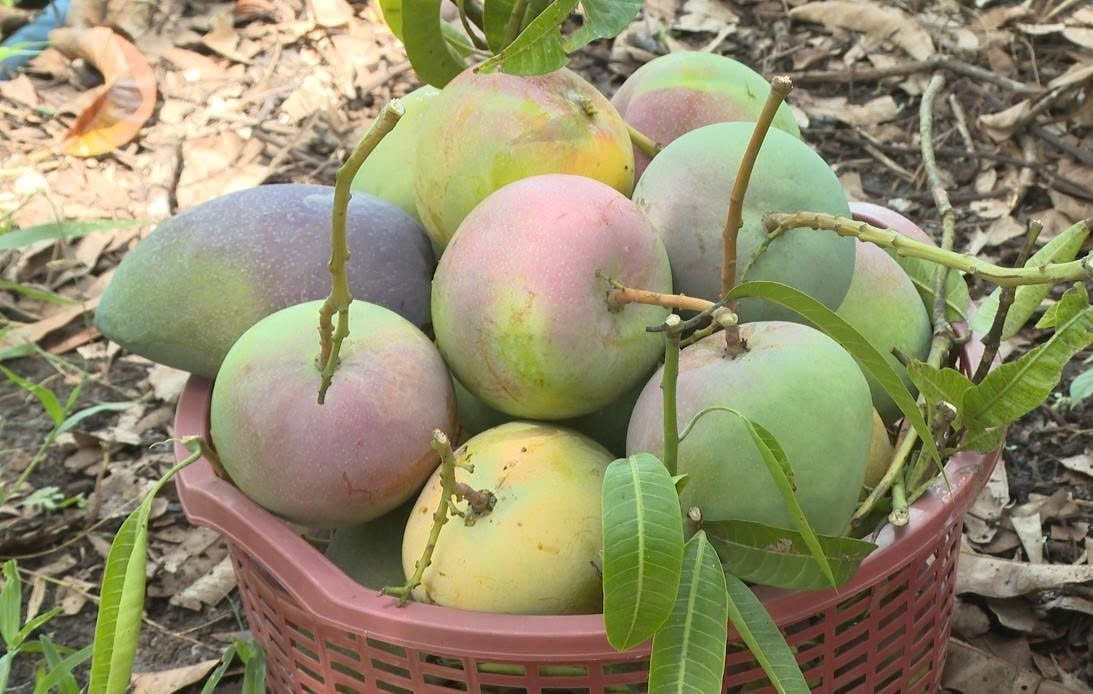
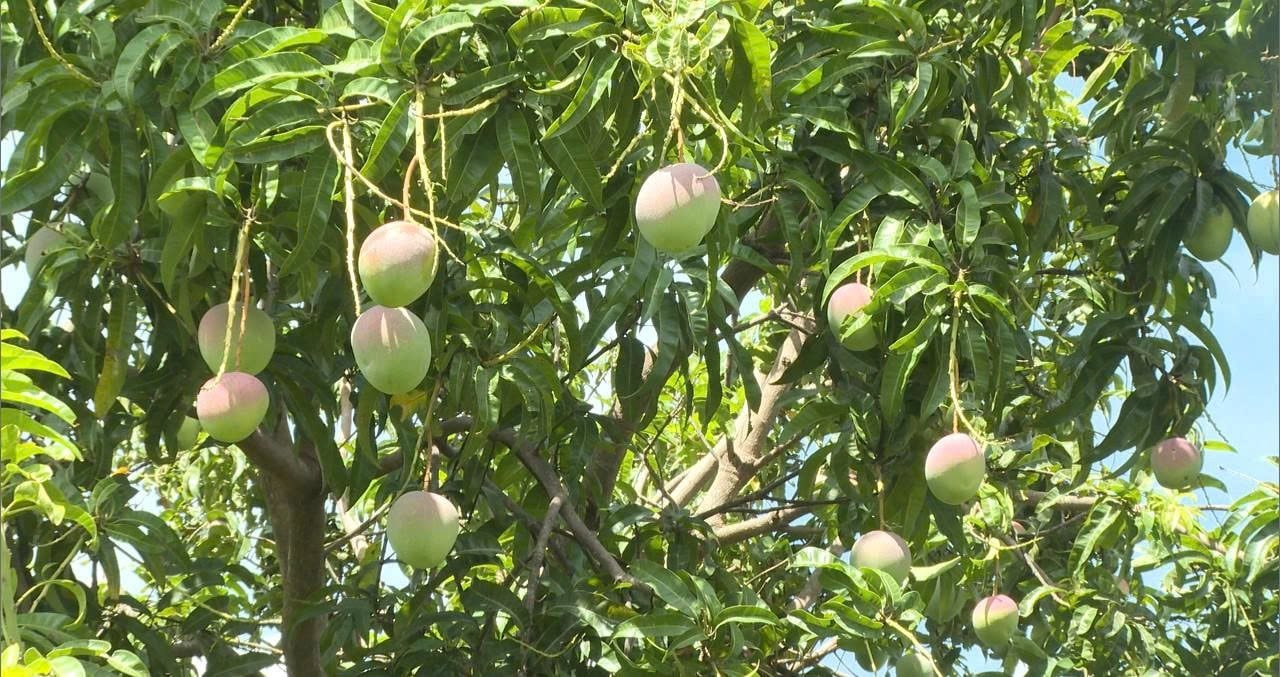
Song Binh Commune, Bac Binh District currently has about 400 hectares of mango, of which about 300 hectares are Taiwanese mangoes, the rest are Australian mangoes, Keo mangoes, Thai mangoes, and Hoa Loc mangoes. Most of the area is in the business stage, meaning the trees are producing stable fruit and need sustainable output. According to Mr. Le Truong Long, Vice Chairman of the Farmers' Association of Song Binh Commune, the commune's current policy is not to expand the mango growing area, but to focus on improving product quality, encouraging farmers to produce in the off-season to avoid oversupply and price drops during the main season. "In the immediate future, the commune will encourage people to improve farming processes, aiming towards VietGAP, and at the same time strengthen links with businesses to stabilize output. In particular, it is necessary to handle off-season flowering scientifically to allocate harvest time," said Mr. Long.
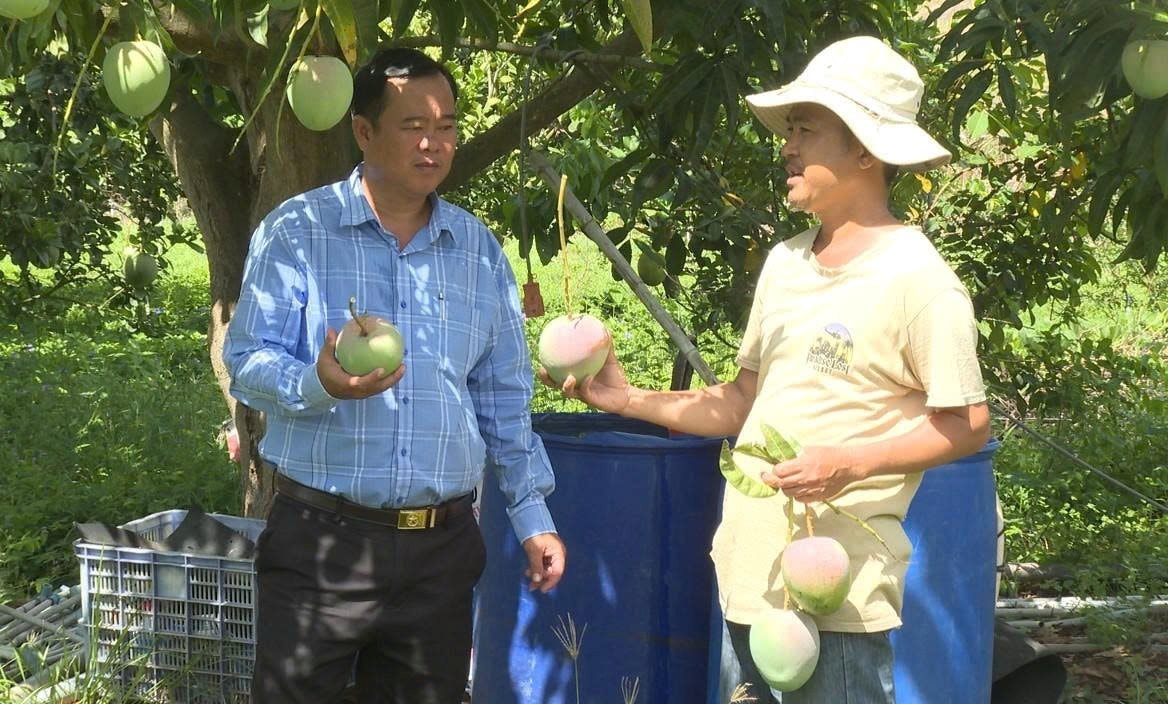
However, to do that is not easy. Handling off-season flowering requires high investment costs and strict care techniques. While many farmers still produce fragmented, unconnected crops, changing methods requires time and synchronous support.
This year’s mango season in Song Binh has brought many concerns. Once considered a key crop that brought in a stable income, mangoes are now facing major challenges from the laws of supply and demand, fierce competition, and instability in the export market. In reality, if we continue to follow the “planting and cutting” trend, without considering planning and output, the ultimate losers will still be the farmers.
This season is not “sweet”, but it can be a wake-up call for the spontaneous agricultural production process. Only when quality is put first, and the production-consumption link is firmly formed, can Song Binh mango trees, as well as many other fruit trees, truly affirm their value in the market.
Source: https://baobinhthuan.com.vn/song-binh-mua-xoai-khong-ngot-130651.html








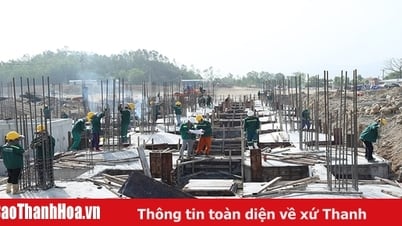



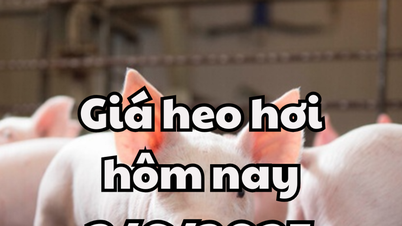

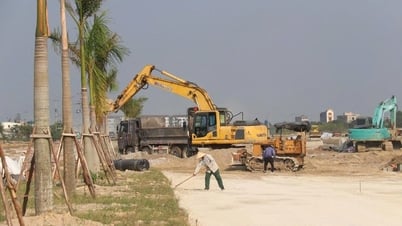
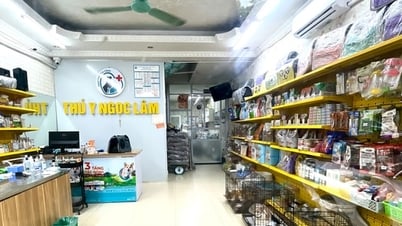

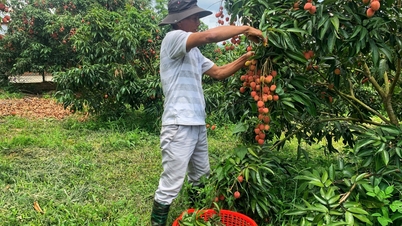





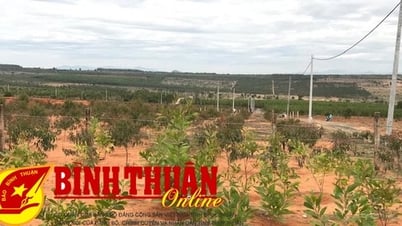
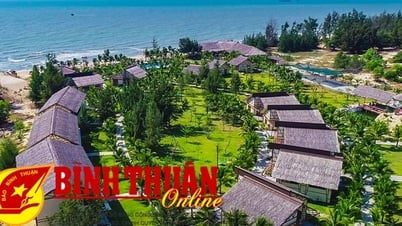

































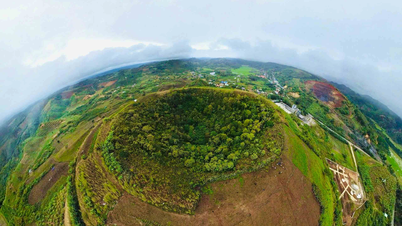



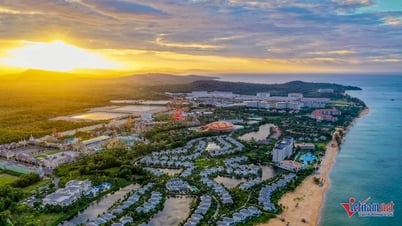



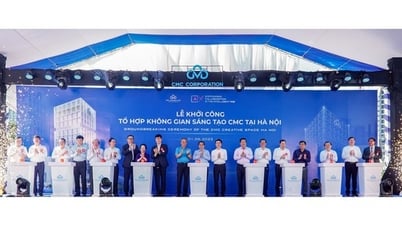













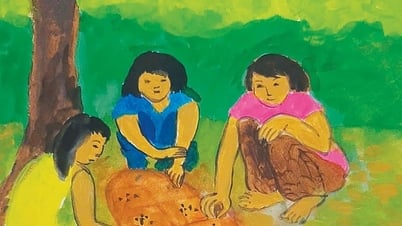







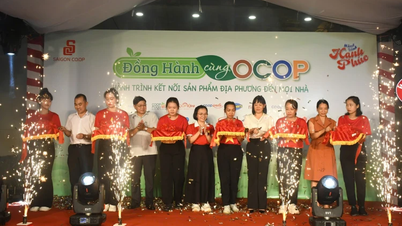







Comment (0)